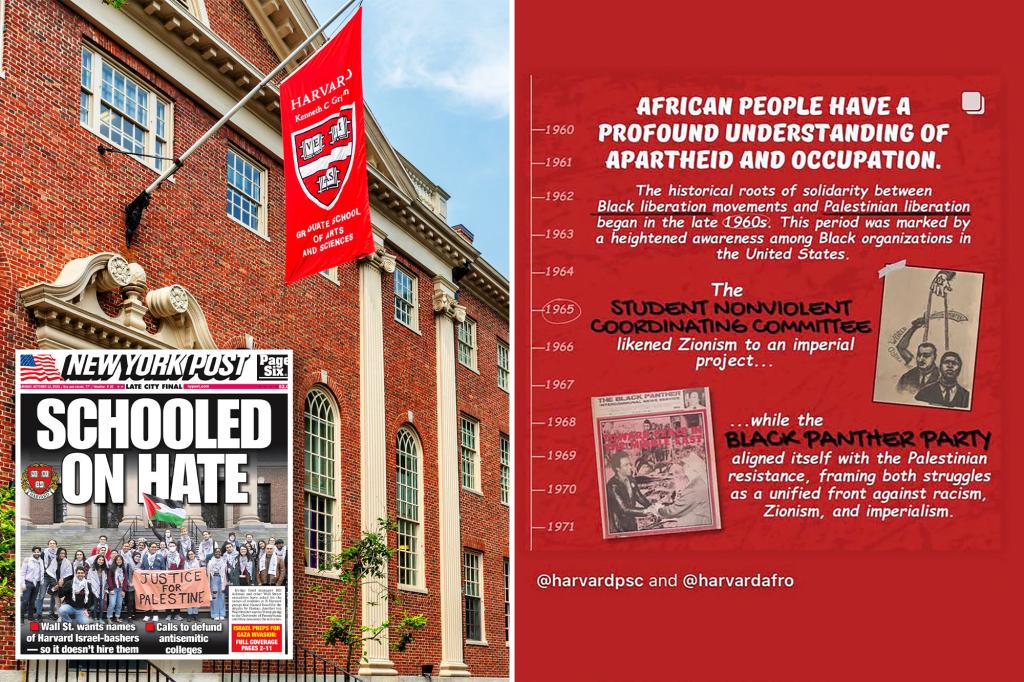Undergraduate applications to Harvard University for the class of 2028 dropped by 5% compared to the previous year, with 54,008 applicants. This is the fewest applications the university has received since 2020, coinciding with the start of the COVID-19 pandemic. Despite the decrease, Harvard emphasized that this was the fourth consecutive year of receiving over 50,000 applications, highlighting the diverse talents and backgrounds of the applicants from the US and around the world.
Harvard announced that they had accepted 1,937 students to the class of 2028, resulting in an admission rate of 3.58%, slightly higher than the previous year’s rate of 3.41%. The drop in applications may have been influenced by the controversies surrounding Harvard in the fall, including accusations of antisemitism and plagiarism scandals. These incidents included a letter signed by 30 student groups blaming Israel for attacks in the Middle East and President Claudine Gay’s problematic congressional testimony on campus antisemitism, which led to her resignation in January after facing plagiarism allegations.
The class of 2028 also marks the first admissions cycle since the US Supreme Court ruled against affirmative action in higher education, deeming it unconstitutional for colleges to consider race as a factor in admissions. This decision may have impacted the application numbers to Harvard as the university navigates this new legal landscape. Despite these challenges, Harvard continues to attract a strong applicant pool and remains committed to welcoming students with a diverse range of experiences and backgrounds.
Harvard faced a turbulent period that saw its reputation tarnished by various scandals, resulting in a decline in undergraduate applications for the class of 2028. The university sought to maintain a positive outlook on the situation, highlighting the unique talents and perspectives that incoming students would bring. As Harvard moves forward, it remains focused on upholding its academic standards and fostering a supportive environment for its students amidst changing legal and social landscapes.
The decrease in applications to Harvard for the class of 2028 may be attributed to the controversies surrounding the university, including accusations of antisemitism and plagiarism scandals. These incidents, coupled with the changing legal framework around affirmative action, likely influenced the application numbers. Despite these challenges, Harvard continues to have a competitive admissions rate, attracting top-tier students from diverse backgrounds and experiences.
Harvard’s response to the declining undergraduate applications for the class of 2028 reflects a mix of acknowledging the challenges faced by the university while also emphasizing its commitment to diversity and academic excellence. The controversies surrounding antisemitism and plagiarism, as well as the end of affirmative action policies, have created a complex environment for Harvard’s admissions process. Moving forward, the university will need to navigate these issues while upholding its reputation as a world-renowned institution for higher education.


